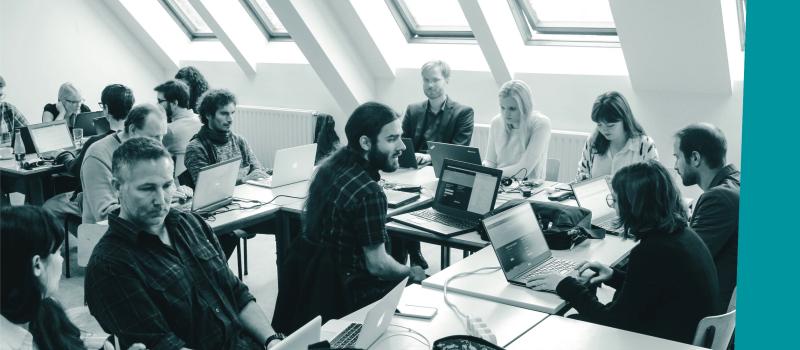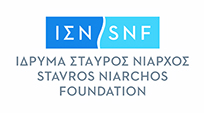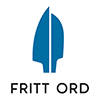
2017-04-23
The day after a conference, an evaluation form inevitably lands in your inbox. You dutifully start filling it out, wondering, if anybody is ever going to read your comments. Well, we do!
Here is how we have acted – or why we have not acted – on some of the participants’ comments to Dataharvest/EIJC 2016:
“The networking groups at the start was a great idea.”
We will definitely repeat the networking groups, where people without previous connections meet and get to know each other. Networking and meeting new people is one of the most important things about EIJC/Dataharvest. This is how new ideas and projects begin!
“Maybe some more sessions could be repeated to avoid "either/or" decisions.”
Good idea. We encourage all participants to use Sched and mark which sessions they want to attend, so we know which to duplicate.
“More short form lightning talks with short presentation and short Q&A”
Lightning talks will be there, and we will try to focus on some of the most important and urgent themes. We will also have a “project idea space”, where you can present ideas and call out for future team members.
“I would like more sessions focused on 'best practices and lessons learned'”
All speakers have been asked to focus on the tools and methods rather than their story itself. We have also prepared a new tip sheet for speakers, so they can make their presentations as useful as possible.
“I would like more attention to cooperation tools”
We will have two sessions focused on the technical side of cooperation – how to set up the common platforms, tools and document sharing. And lots of session on cross-border cooperation, where one can ask specific cooperation questions.
“During coffee breaks, set tables according to interests to meet the ones you need.”
We will arrange thematic tables for lunch Saturday. If you have a special theme in mind, please write to Lisa May (lisa.may [at] journalismfund.eu (lisa[dot]may[at]journalismfund[dot]eu))
“Maybe fewer but longer in-depth sessions so there is time to get into methods in detail.”
The conference is a kind of festival, where one can get a small taste of this and that. You can for example hear about the strength of different types of software, but in most cases, you have to try them out for yourself afterwards. Don’t forget our extensive training track though! Also watch out for indications, when one session goes well with another – for example a presentation about a theme followed by a hands-on workshop with related datasets.
“I would like more sessions on Sunday. Why does the conference stop at noon?”
Participants to Dataharvest come from all over Europe, and not all have direct flights home. We stop at 1 pm, so everybody can get back in good order.
“Better food.”
We’ll try.









